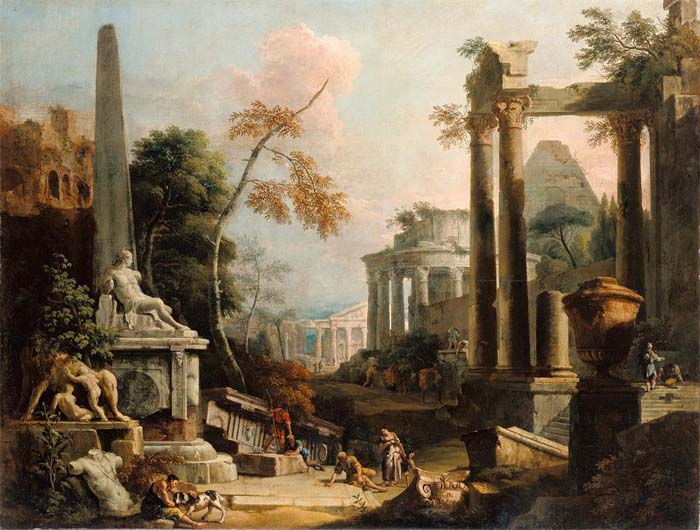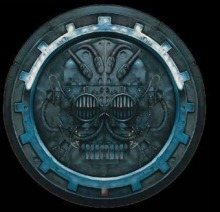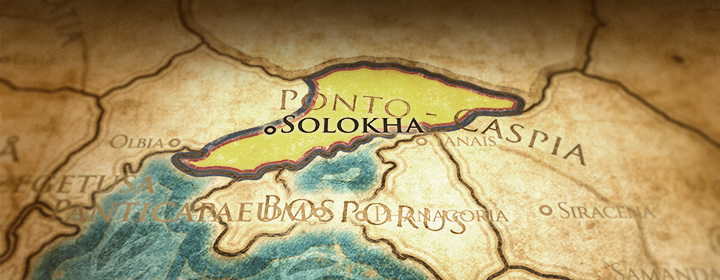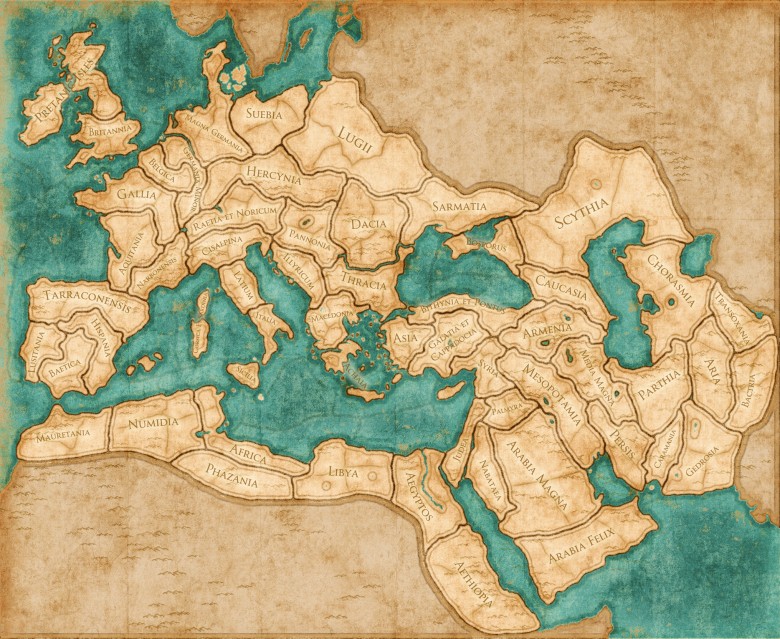Spring

OOC: http://forum.nationstates.net/viewtopic.php?f=31&t=362251&p=26998290#p26998290
Alouite wrote:(Image)[size=200]Age of Roma**Please Use the Subject Line of Each Post to State Your Nation's Name**
Welcome to the Age of Roma: The Gods look down from the heavens and smile at the political strife and power hunger that is manifesting in the world below. Alexander's Empire has fallen, but still taken in high admiration are his legacy and his amazing military successes. Embodying much of his legacy are his self proclaimed successor states. They all have an X-Factor as to why they believe they deserve the Alexandrian throne, but none currently have the power needed to accomplish the tasks that will be needed to be taken to reinstate Alexanders power. In Rome a Republic arises, one that holds promise and has luck on its side. With a combination of Greek Knowledge and Local Military Traditions, the Romans have the most potential of any nation at the time. In the south lies Carthage, a long standing Republic only recently beginning to see a rise in corruption, but still a promising land. As the last of the Phoenician nations, Carthage has continued the tradition of colonization and the invasion of small nations. In China seven warring states struggle for power over a vast land, one in which just enough power to tip the balance will allow for almost unlimited wealth to the victor. In India the Muaryan Empire has established almost unchallenged hegemony over the populaces and it's laws embody Hindu beliefs. But throughout the world people are beginning to feel unrest. Locals are beginning to want freedom, and culture wars are likely. Though nationalism doesn't yet exist, the locals will seek vengeance for the death of their fellow brothers in arms and the rulers they once believed were divine. It is a new movement and will change the political landscape of the world in time.
Rules of Engagement: When in battle, sides will take turns and the OPs will regulate any events within the battles. Cavalry charges, testudo formations, hammer and anvil tactics, all tactics should be mentioned if you want a good outcome. Sloppy RPing yields sloppy planning yields unfavorable results. This is a time where 20,000 men were able to put up a decent fight 300,000 enemies at the battle of Thermopylae. All actions must be considered. *Note: Genocide was common back then, that is why the nation I am RPing's Samnites no longer exist in any form as they were 'cleansed' by the Romans after Supporting Carthage in the First Punic war.
A little music
In the hills of Northern Italy, there lived a marvelous civilization known as the Etruscans. They were wealthy, and they were powerful. Innovators of many things, these inventive people stood out from the rest. They were indigenae, the natives of this land. Their ilk once spread across all Italy, reaching across the alps, into Hellas, and even stretching across Anatolia into Cyprus. The remnants of this once-expansive people now remain as but four nations: Crete, Cyprus, Rhaetia, and the Etruscan League. The Etruscans are the greatest of these people, powerful and elegant. It is they alone who hold the power to unite their brethren, but it was not always so. The Etruscan League, Rasna in their own tongue, was once a group of disunited city-states squandering and plotting. They eventually built alliances, and alliances turned into trade, and trade turned into companionship, and the companionship felt by all Etruscans unified them into a league of their own right. Now, once a year, the twelve member-states gather at the capital to elect a new leader among them all, and that leader becomes the wise theocrat of all Etruria. In our story, though, things are about to change. An ambitious queen, Thankati Kitane of house Thelesa, was to be elected this time around, and her sight into the future would shake the very foundations of Etruria. Loyalties would be pressed, the stones upon which we lay would be shattered, and a new empire would be build from the gravel of the past. This is Etruria.
Atmosphere music (Imagine some sort of intro animation or something)
"It should be me!" cried Arte, one of the kings present, "I have contributed more than anyone here to the wealth we have accumulated! I should-" He was cut off by another king, Lekne
"You? I have fielded our best troops! A nation is nothing without an army! It should be I more than anyone!"
Pesna spoke out, "Silent, both of you! Have we forgotten our greatest enemy, the Sicilians? Those bastards ruined our navy, and I alone have restored it. Who here is better suited to the position than I?"
"Gentlemen, you forget the position is a theocrat! I should be the one to take it, the holiest and most studious of us all!" Venel shouted over the rest. He was just as determined as Pesna, and just as angry.
"Enough!" cried Thankati, her voice echoing across the chamber. "You bickering fools will do this nation no good, and if you continue to do this then our league will collapse! Our ancestors worked hard to form this, to fight off our enemies, to spread Etruscan glory to Ruma and Campeva, and I will not sit here as you fools tear it apart, so silence your tongues or rid yourselves of this chamber immediately!"
Thankati was the new queen of Velzna, rising to the throne after her father's recent death. She, at the moment, seemed the sanest of all the kings. That is why Raske, another king, spoke in her favor. "You would do well to heed our dear Thankati's words. If anyone, I'd pick she to be our new leader. Of us all, she is the daughter of the man we agreed on unanimously. He certainly taught her well, and we all saw her grow to become what she is now." Raske spoke, using such pathos to support her rule. As he spoke it, Thankati almost forgot the turmoil that had just been there, feeling touched by the nostalgia of years past. "And of us all, she is the only one who knows us all well. We all had our part in raising her, so I think it would be best for Rasna if she assumed the throne. Who is with me?"
As Raske spoke such, several kings who had thus far been silent stood, each proclaiming their support. Soon, Venel joined them. Then Pesna. A few more kings later, and lastly Lekne joined in. "It carries" Raske said, "Thankati is our new queen."
A few days passed, and Thankati sat in her throne room. She wore the latest in Etruscan fashions. It was a blue dress, blue being a rather expensive compared to the more common crimson. The dress was complimented by a large leather belt studded with jewels, tightly wrapped around her waist. A pearl bracelet adorned her left wrist, with a sort of bracer on her right. She wore several rings, mostly sapphires with one or two emeralds. A few thin gold chains rested upon her shoulder and crossed her body, A leather choker studded with emeralds rested at the base of her neck, with more jewels dangling down onto her chest. She was barefoot, as was common among Etruscans indoors, but beside her throne lay her soft leather boots, coming to a slight, if not noticeable, point at the toe. Covering her legs at the moment were 'anpilia', leather hose useful for equestrians without pants. They helped to keep warm in the cold winter. The woman herself was pale, with a yellow undertone. Her eyes were dark brown, and her hair consisted of long, flowing curls of a very dark brown hue. She also wore a sort of jacket, open at the front, the borders lined in a golden color and shaped to look like a series of leaves.
Thankati pondered the future of the Etruscan state. Certainly, they'd recently fallen on hardships. A war against Syracusae still within the public consciousness had been very much a defeat on the Etruscan part, though her ally of Carthage held up nonetheless. The Roman ingrates had been slowly but surely gaining power in the region. There were many potential allies to pick from, but who to go for first? That was the question.











